For the fifth year running, Scottish Book Trust have organised a week of nationwide events, ranging from author readings, spoken word, interactive workshops and theatre for Book Week Scotland 2016. With hundreds of events to choose from, Book Week Scotland aims to bring people of all ages together to join in a weeklong literary celebration.
My personal highlight from Book Week Scotland 2016 took place on a cold and frosty Wednesday evening in November. We piled into a small community library in Auchterarder, seeking refuge from the sudden chilling onset of winter, to enjoy ‘An evening with James Robertson’. Rather than hosting the event in one of the numerous bookshops, cafes or art spaces in his current home city of Edinburgh, the setting for Robertson’s only talk of this year’s Book Week Scotland may seem understated for an author of six popular novels and a Man Booker Prize longlisting, but in reality could not be more fitting. A prevalent feature of his novels is the depiction of life in rural Scottish villages, and having grown up in Bridge of Allan and attended a nearby school in Perth and Kinross, Robertson pays homage to his upbringing, heading back to where it all started.
Robertson begins by reading us a few extracts from 365: Short Stories, this collection, unsurprisingly, comprises of 365 short stories, each constructed of 365 words. He described the challenge of writing a new short story for every day of the year as “an anal way to write a book”. However challenging he found this task throughout the year, his research for the stories, interest in the storytelling tradition and regular evening encounters with a toad, gave way to the comic novel that would become To Be Continued.
In addition to his detailed accounts of everyday life in both urban and rural Scotland, many of Robertson’s books and short stories pay special attention to Scottish history and Mythology, imaginatively portraying relationship between the two. His latest novel is set just shortly after the result of the Scottish Independence Referendum of 2014. Although the referendum is mentioned in the book, it does not play a big part, but instead is used more as a plot device. The humorous story of To be Continued is Robertson’s way of dealing with the political outcome of the 2014 referendum. The result for many was devastating news. Robertson however, in attempt to avoid getting bogged down in an overtly political novel, explains his decision to write an outrageous farcical story of Scottish adventure, harking back to an earlier era of Scottish writing.
In To Be Continued, Robertson alludes to depictions of Scotland, and Scottishness, from literary and cinematic works from the 1940s/50s. He draws inspiration from the novels of Compton Mackenzie: Whisky Galore, Monarch of the Glen; as well as films like Brigadoon and I Know Where I’m Going. Although some readers in the current post-referendum version Scotland may wish to take a step back from the stereotypical characters and tartantry promoted in these books and films, Robertson is promoting the search for new perceptions, an adventure of rediscovery of self. To me, this seems like an important representation of the journey many of us faced to understand again what it means to be Scottish. Reading from the first chapter of the novel, we listen as protagonist Douglas Elder sets off on his own adventure to the Highlands, accompanied by his newfound friend Mungo, a talking toad he befriends whilst drunk in the garden. They go in search of Rosalind Munlochy, a woman with a lifelong involvement in radical Scottish politics – 100 years to be exact, as she happens to be celebrating her 100th birthday. In 2014, this milestone is of great significance, as Robertson sees her as a symbolic figure that represents a mother figure of a nation – a nation in unprecedented need of maternal guidance. Buried beneath the surface of this comic novel lie notions of a fractured nation, in search of yet another reinvention of identity. This is a story for the disheartened, its humorous narrative and story offering the reader an adventure of rediscovery, which comes as a glimmer of hope.
As the evening wound down Robertson admitted that he used to think that his job as a writer as trivial. But to go back to his initial introduction to his talk, he reinforces the idea that storytelling is important, it has always been an important part of life, for culture, for people. “Writers write and readers read, we need these things to explain who we are and to get us through life.”
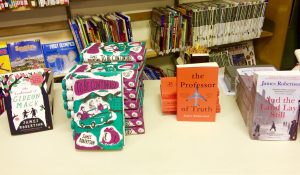
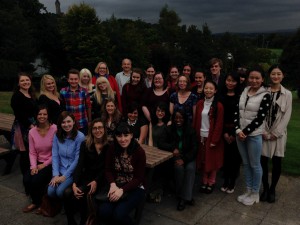


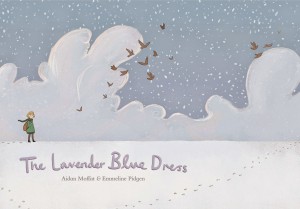

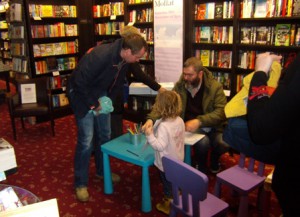

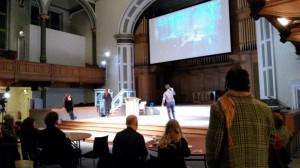
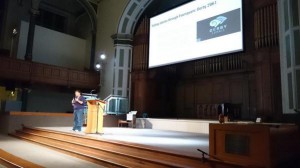
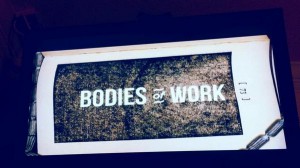
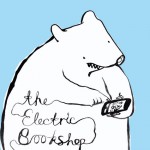 rst, he discussed how the player interacts in the game, how he can control the story and the plot, but also how some games don’t give the player any choices to develop the plot in the game. Regarding the content of a game, he also explained how to create characters that the players can be identified with, how to make it exciting and interesting so the player can work on the development of the character, since he is the one in control of the storyline in the videogame.
rst, he discussed how the player interacts in the game, how he can control the story and the plot, but also how some games don’t give the player any choices to develop the plot in the game. Regarding the content of a game, he also explained how to create characters that the players can be identified with, how to make it exciting and interesting so the player can work on the development of the character, since he is the one in control of the storyline in the videogame.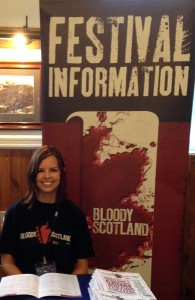
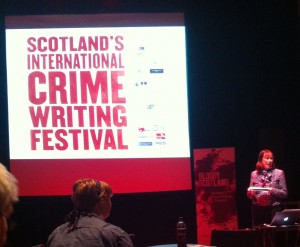 Stevie Marsden reports on the launch of this year’s Bloody Scotland festival:
Stevie Marsden reports on the launch of this year’s Bloody Scotland festival: I’m lucky enough to help in the co-ordination of the competition, and it’s really exciting to see undiscovered authors get the opportunity to have their work read by a worldwide audience; last year’s winner was US writer Mindy Quigley who won a landslide public vote for her story ‘
I’m lucky enough to help in the co-ordination of the competition, and it’s really exciting to see undiscovered authors get the opportunity to have their work read by a worldwide audience; last year’s winner was US writer Mindy Quigley who won a landslide public vote for her story ‘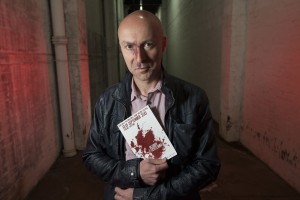
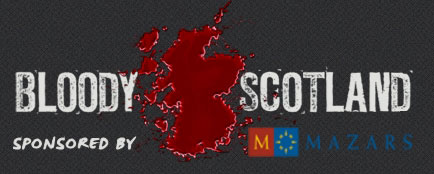
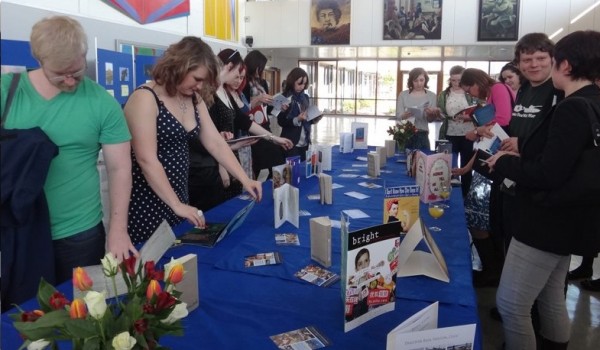 We’re already nearing the end of classes for 2013-14!
We’re already nearing the end of classes for 2013-14!